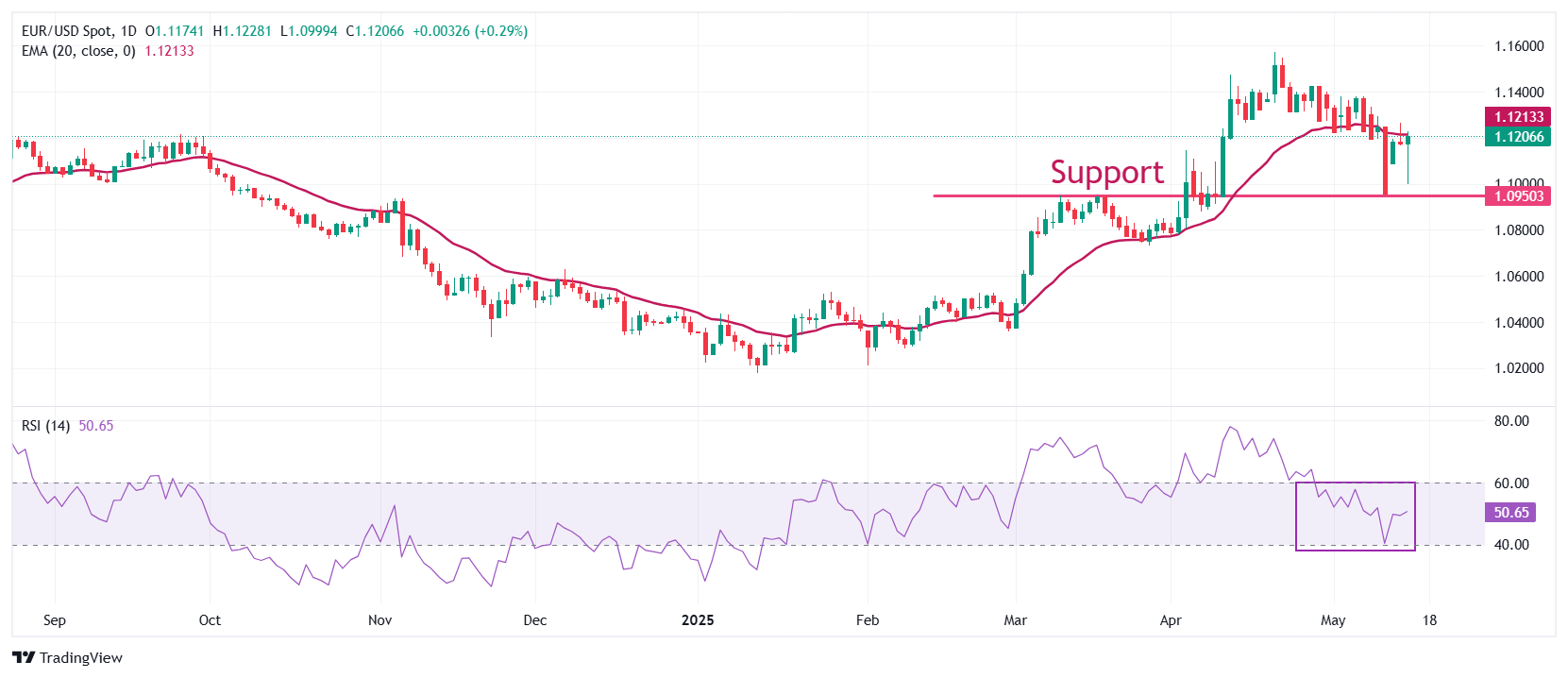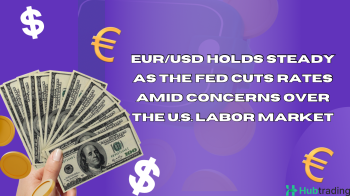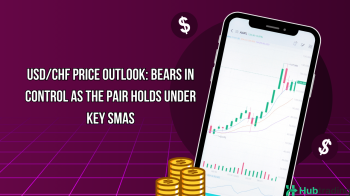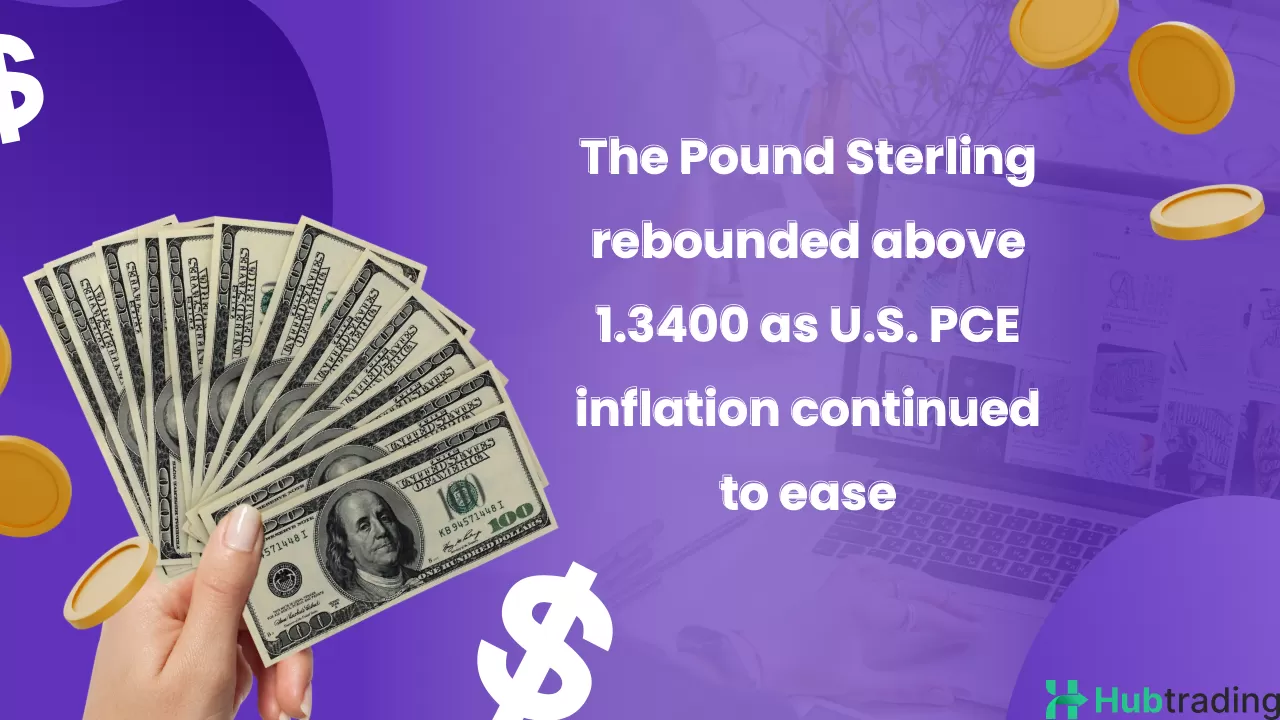-
EUR/USD rises as the US Dollar weakens following soft US PPI data for April.
-
Beijing lifts non-tariff restrictions on 45 US companies.
-
The EU stands ready with countermeasures if trade negotiations with the US stall.
EUR/USD rose 0.15% to around 1.1200 during Thursday’s North American session, gaining strength as the US Dollar faced selling pressure following softer-than-expected US Producer Price Index (PPI) and Retail Sales data for April.
The US Dollar Index (DXY), which tracks the Greenback against six major currencies, dropped 0.3% to approximately 100.70.
According to the US Bureau of Labor Statistics, producer inflation eased, with the headline PPI rising 2.4% year-on-year, below estimates of 2.5% and down from March’s 2.7%. Core PPI, excluding volatile food and energy prices, increased 3.1%, matching expectations but slowing from a revised 4% in the previous month. On a monthly basis, both headline and core PPI unexpectedly declined by 0.5% and 0.4%, respectively. Earlier in the week, the US Consumer Price Index (CPI) for April also showed softer inflationary pressure than forecasted.
From a technical perspective, the softer PPI and CPI figures reduce the likelihood of the Federal Reserve maintaining a highly restrictive interest rate policy. However, the Fed remains focused on controlling elevated consumer inflation expectations rather than rushing into rate cuts, especially amid uncertainties linked to US tariff policies announced by President Donald Trump.
April’s US Retail Sales, a key indicator of consumer spending, slightly exceeded expectations, rising 0.1% month-on-month compared to forecasts for no change, and showing a steady 5.2% increase year-on-year.
Daily Market Movers: EUR/USD Gains as Euro Strengthens Amid Trade and Inflation Developments
- EUR/USD climbed higher as the Euro (EUR) outperformed riskier currencies, despite signals from European Central Bank (ECB) officials that further interest rate cuts may be necessary due to slowing inflation. On Wednesday, ECB policymaker and Bank of France Governor François Villeroy de Galhau warned that protectionist policies from the US administration under President Trump could reignite inflation in the US economy—but not in Europe—potentially paving the way for another ECB rate cut by summer.
- Looking ahead, trade negotiations between the European Union (EU) and the US remain a key factor for the Euro. German Finance Minister Lars Klingbeil addressed the parliament during European trading hours, emphasizing that while the EU is prepared with countermeasures if talks fail, securing a deal with Washington remains the top priority. “We expect that the negotiations will lead to a good result,” Klingbeil said, stressing the need to respond to US tariffs with unity and determination.
- Eurozone economic data showed slower growth for Q1, with revised Gross Domestic Product (GDP) figures rising just 0.3% quarter-on-quarter—down from preliminary estimates of 0.4%. Year-on-year growth remained steady at 1.2%, in line with expectations. Employment Change for January to March surprised positively, rising 0.3% quarter-on-quarter compared to earlier estimates of 0.1%.
- On the US-China trade front, signs of easing tensions bolstered investor sentiment. US Treasury Secretary Scott Bessent stated during the European session that Washington is entering “a series of negotiations” with China aimed at preventing further escalation. His comments boosted confidence that the world’s two largest economies are working toward a trade agreement, which could support global growth. “We now have a mechanism with China counterparts,” Bessent added.
- Further supporting the positive tone, Beijing announced it was suspending non-tariff measures against 45 US companies that had been imposed on April 4 in response to US tariffs announced on April 2, Reuters reported. This move follows the agreement between Washington and Beijing to pause the trade war for 90 days, during which tariffs were reduced by 115%.






